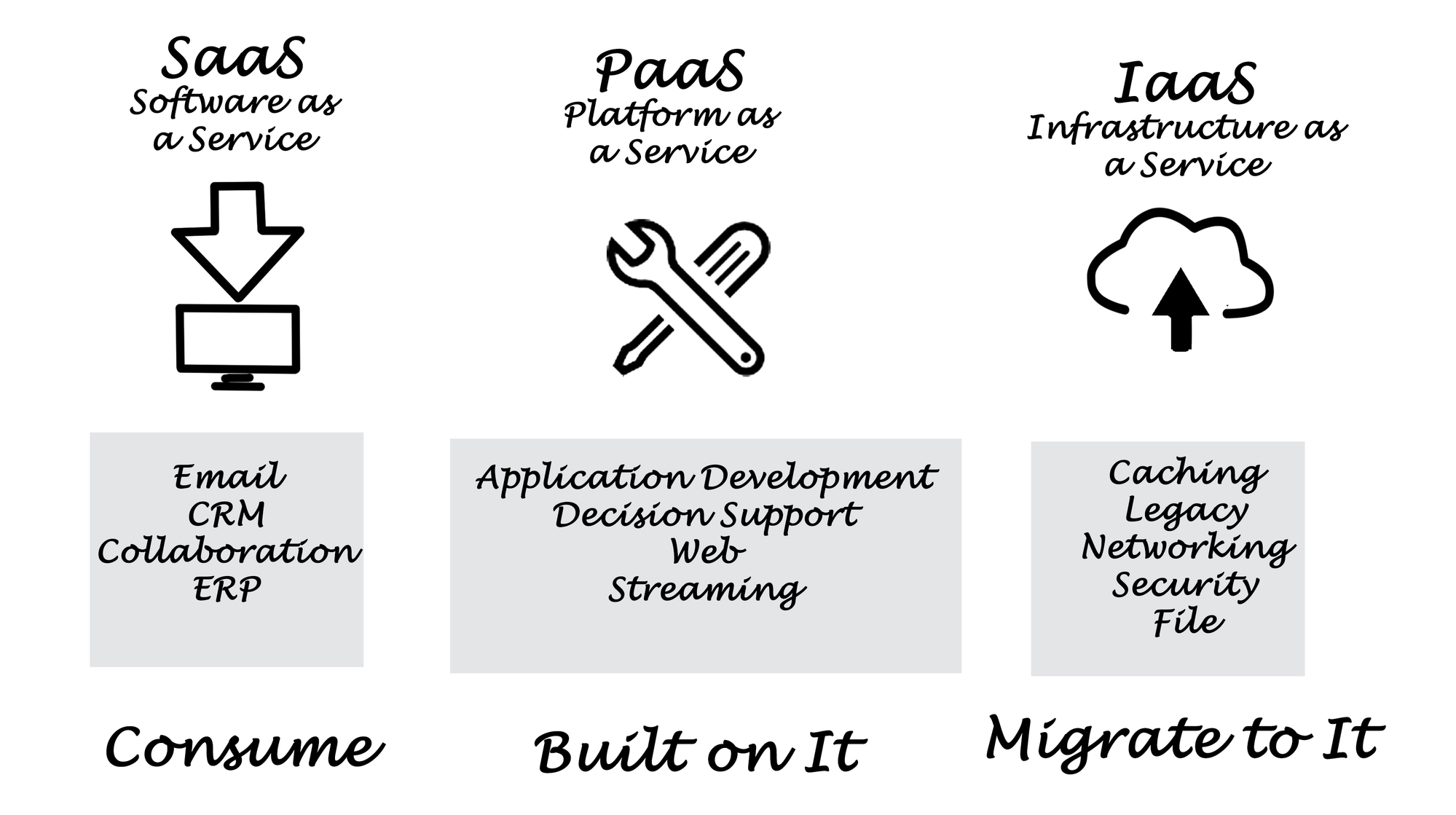Welcome to Mabstac, LLC | Anything Accounting
- Call us: (703) 828-2336
- Mail US : info@mabstac.com
- ADD US : Mabstac, LLC
- Call us: (703) 828-2336
- Mail US : info@mabstac.com
- ADD US : Mabstac, LLC

The Auditing Standards Board (ASB) of the American Institute of Certified Public Accountants (AICPA) changed the audit standards applicable to audits of financial statements of employee benefit plans subject to ERISA. These standards impact what is currently known as “limited scope audits.” Now, the limited scope audit will no longer be an option, but will be replaced by an ERISA Section 103(a)(3)(C) audit.
The updated standards impose new performance requirements as well as changes to the auditors’ report that will affect both plan management and auditors alike. Plan administrators requesting an ERISA Section 103(a)(3)(C) audit will be required to determine:
- Whether an ERISA Section 103(a)(3)(C) audit is permissible;
- Whether the investment information is prepared and certified by a qualified institution;
- Whether the certification meets DOL requirements; and
- Whether the certified investment information is appropriately measured, presented and disclosed in accordance with the applicable financial reporting framework.
The previous limited scope audit standards did not require an auditor’s report to cover any statement or information prepared and certified by a bank, similar financial institution, or insurance carrier with respect to the plan assets held by the institution. An auditor could choose to disclaim the opinion on plan financial statements prepared and certified by a bank, financial institution, or insurance carrier if a plan sponsor instructed the auditor not to perform an audit of such statements.
Under the new standards, the financial institution, bank, or insurance carrier must be certified as being regulated by a federal or state agency and the person signing the certification must be authorized to sign for the institution. The certification must also state that the investment information is complete and accurate before an ERISA Section 103(a)(3)(C) audit will be authorized. Any amounts and disclosures in the financial statements not falling under the certification will be subject to audit testing procedures.
Plan sponsors must also substantially complete a draft Form 5500 before engaging an auditor to perform an ERISA Section 103(a)(3)(C) audit.
Although these changes were supposed to take effect for audits of 401(k) and employee benefit plans with periods ending on or after December 15, 2020, the COVID pandemic disruption caused the effective date to be extended by one year, to December 15, 2021. But employee benefit plan audits conducted for the 2021 plan year must meet the new standards.




